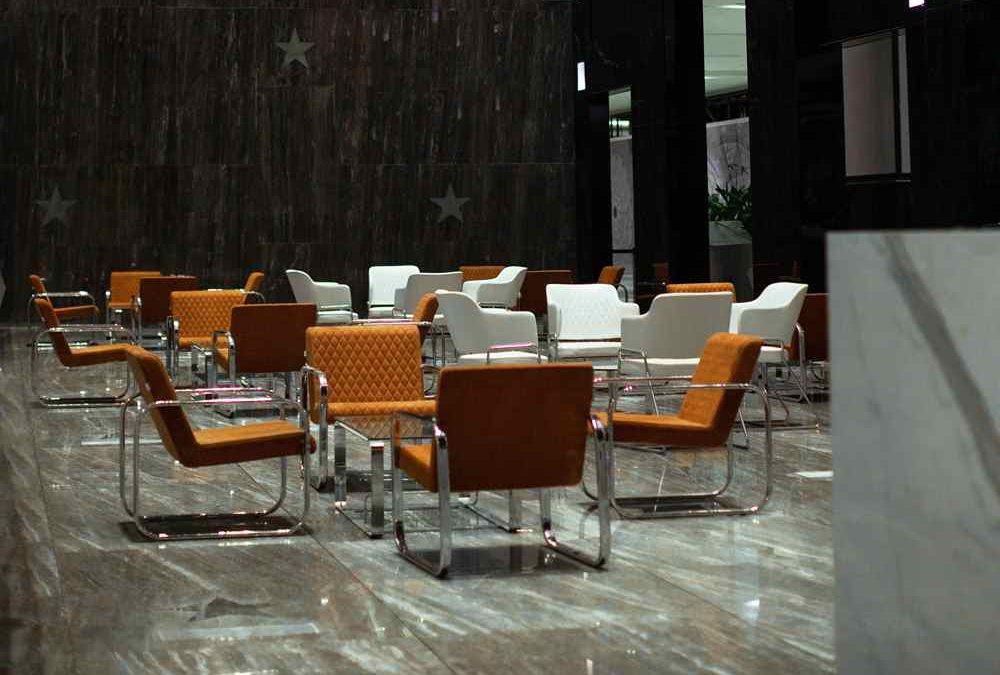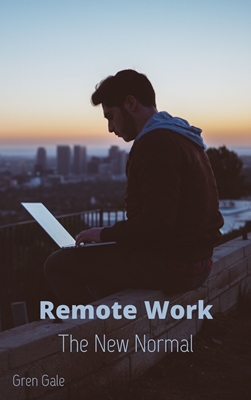While for many years now it’s been no secret that lots of office based jobs could be carried out remotely, the COVID-19 crisis has turned that potential into reality for many businesses worldwide. Offices full of endless rows of desks and packed contact centres are likely to become distant memories of a past era as people move away from office to home based work in ever increasing numbers. To paraphrase just about every politician and journalist commentating during the COVID-19 pandemic, remote working looks like becoming the ‘new normal’.
Offices packed with rows of desks and crowded contact centres are destined to become quaint images of the past. Remote work has come of age and is about to become the new normal.
More than that with millions of households in lockdown necessity proved to be the mother of invention and many businesses and social institutions moved their operations into ‘remote’ mode. Schools, colleges and universities made full use of technology already rolled out to students but previously only sparingly utilised. Classes in everything from languages to fitness and health started to build viable revenue models based on the use of videoconferencing and other collaboration applications. Medical practitioners from family doctors to physiotherapists started offering remote diagnosis and treatment. Deprived of physical proximity the use of individual videoconferencing went through the roof.
The Economist in 2020 estimated that in the UK 44% of jobs could be carried out from home while in the US the figure was 42%. These numbers are only likely to grow.
The technology to support remote work has not only existed but laid dormant or barely used in many institutions. The COVID-19 pandemic has provided the impetus and funding that has fed a boom in slick and innovative technologies to support remote work. With fast internet becoming almost universally accessible and the technology to support working remotely mushrooming it has become very easy for many businesses to go remote and have teams located in multiple locations.
The attraction of remote work for a wide range of institutions and enterprises is immense. Office costs can be slashed and scarce talent recruited from all over the world without the hassle of having to obtain work permits and immigration clearance. Employees like it. Studies have found that employees tend to be happier and more productive working from home and value the improvement in their work-life balance. It also provides built in resilience. As the COVID-19 pandemic proved remote working is a strong weapon in disaster preparedness and recovery.
Companies need to reorganise for remote work – devise new approaches and adopt more and better collaboration technology to ensure remote working really works.
While the impetus was unfortunate, the consequences of the pandemic are likely to be transformational. Running teams remotely has always required a leap of faith with many companies wary of putting much more than a toe in the water. Forced to choose between home-working or no working, companies organised quickly around the new reality of remote work. However in most cases existing ways of working were left unaltered other than the introduction of videoconferencing. Fighting a new war with the approach used to win the last one is a continuing theme. Companies need to reorganise for remote work – devise new approaches and adopt more and better collaboration technology to ensure remote working really works.
Gren Gale is an author and consultant and expert in remote work and project management.
The Remote Project Manager by Gren Gale addresses all of these issues and more








Recent Comments